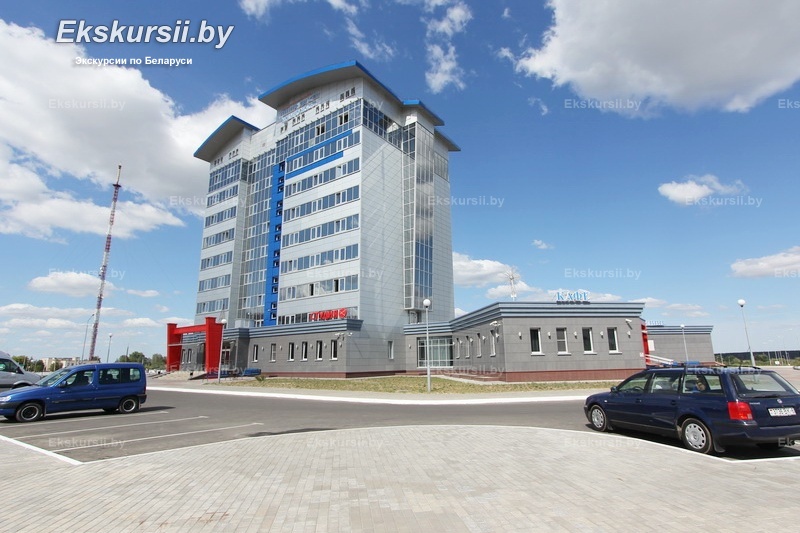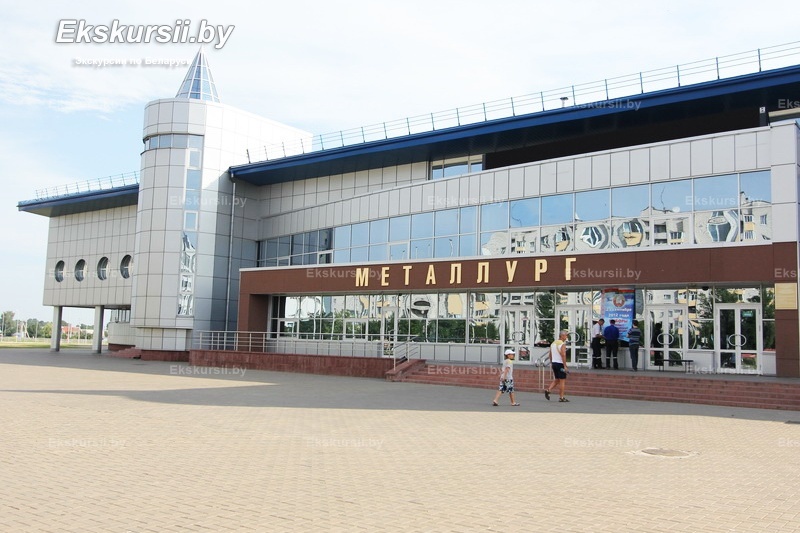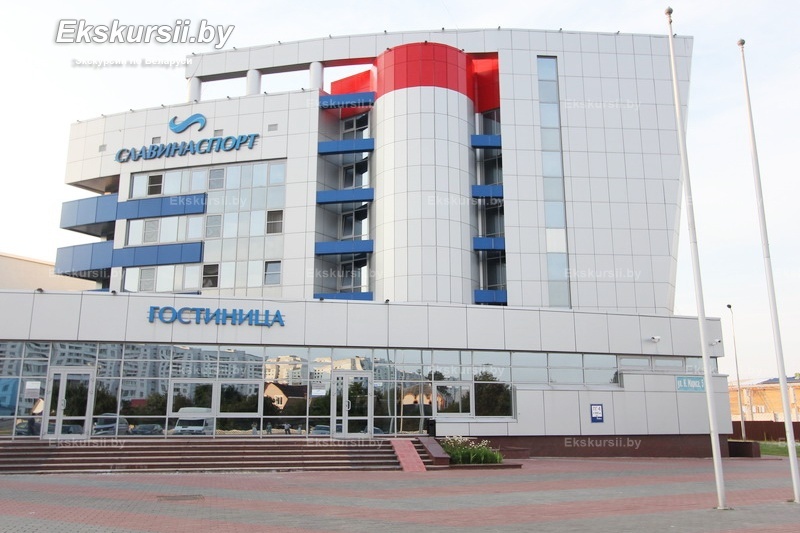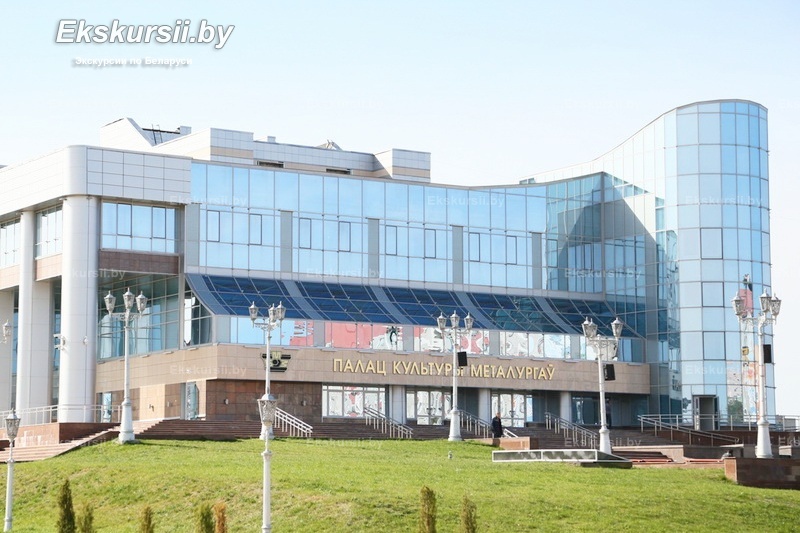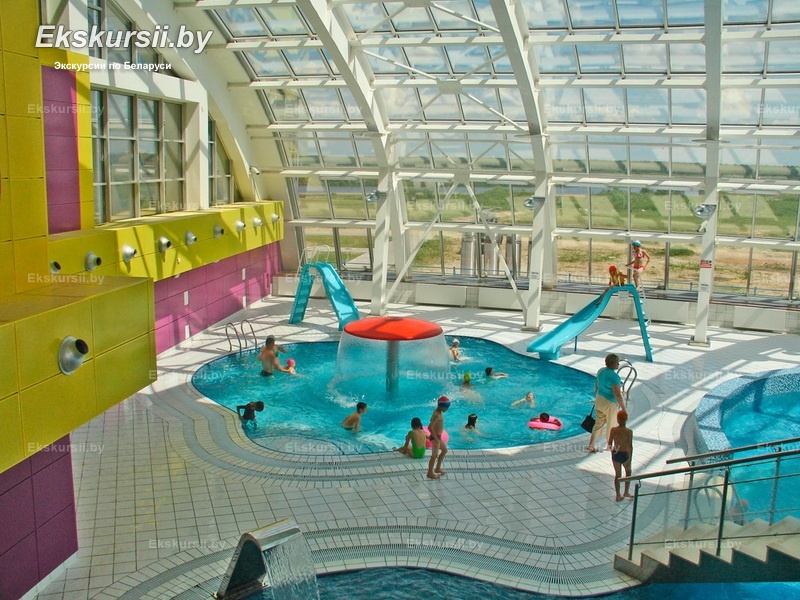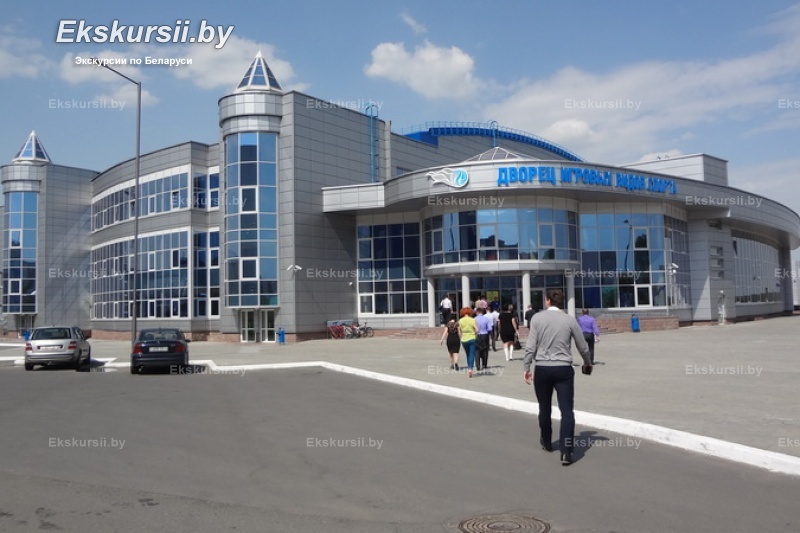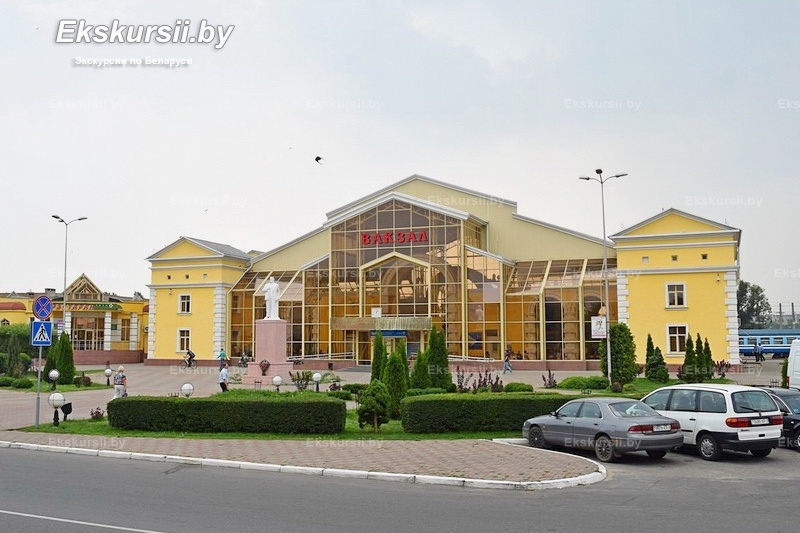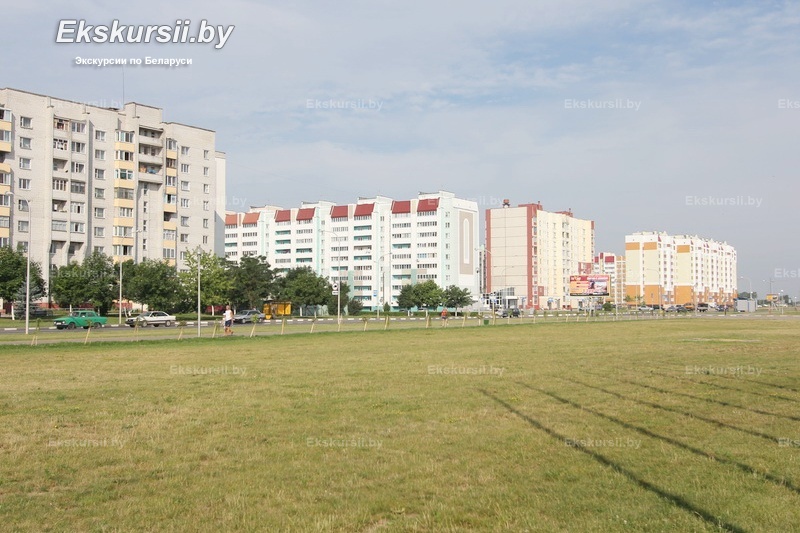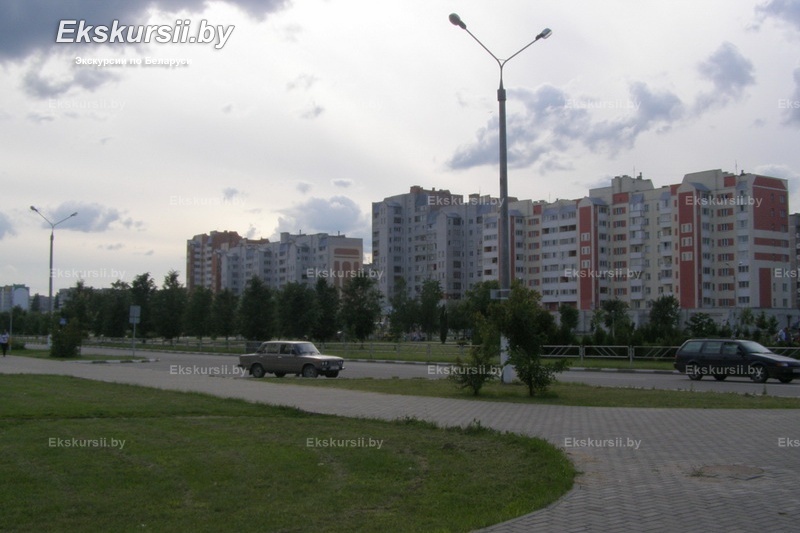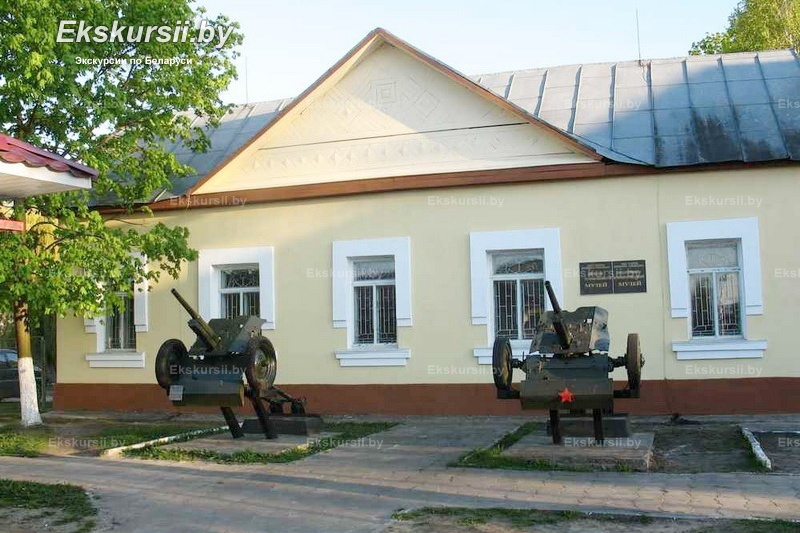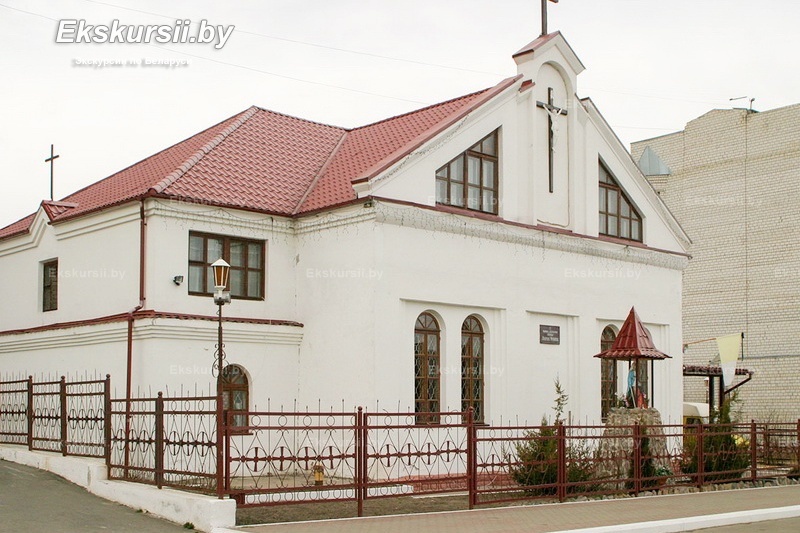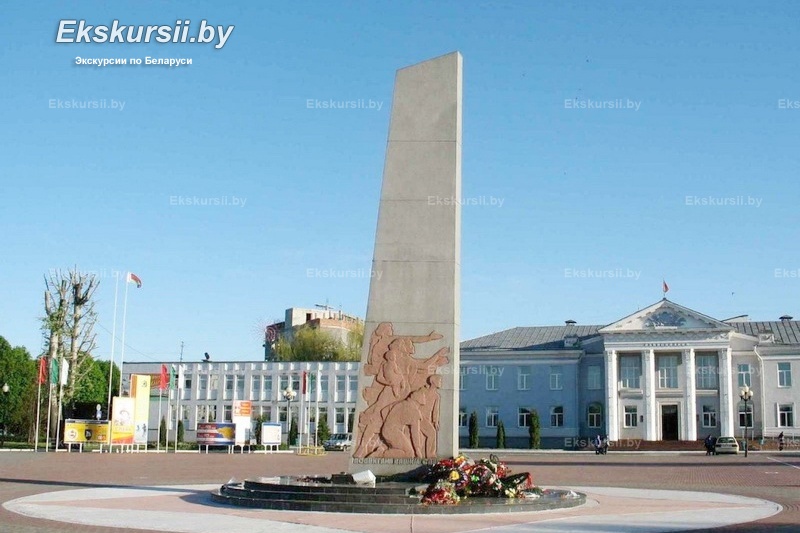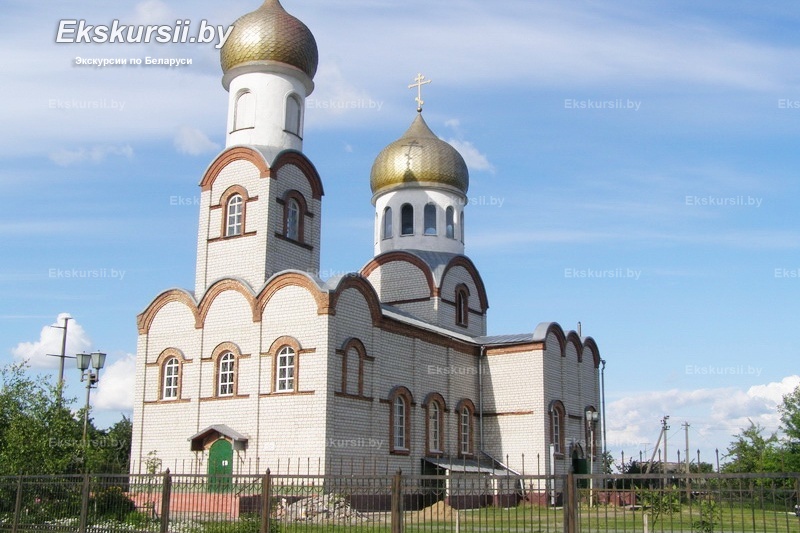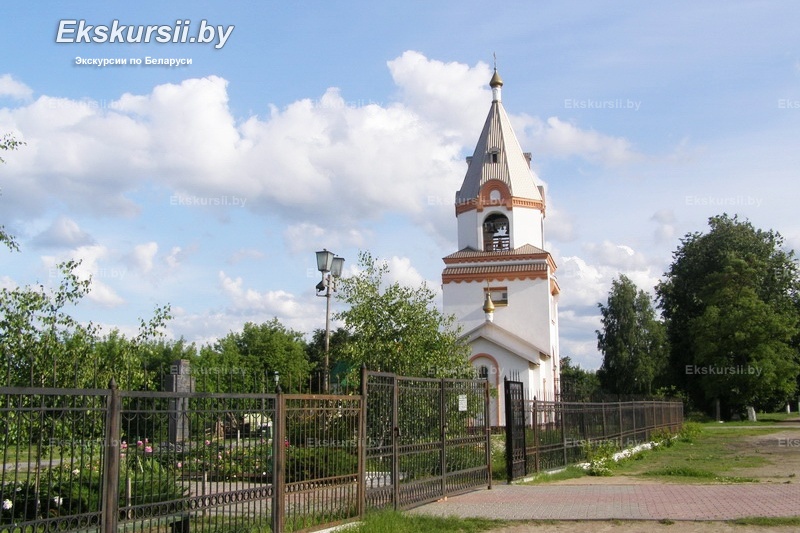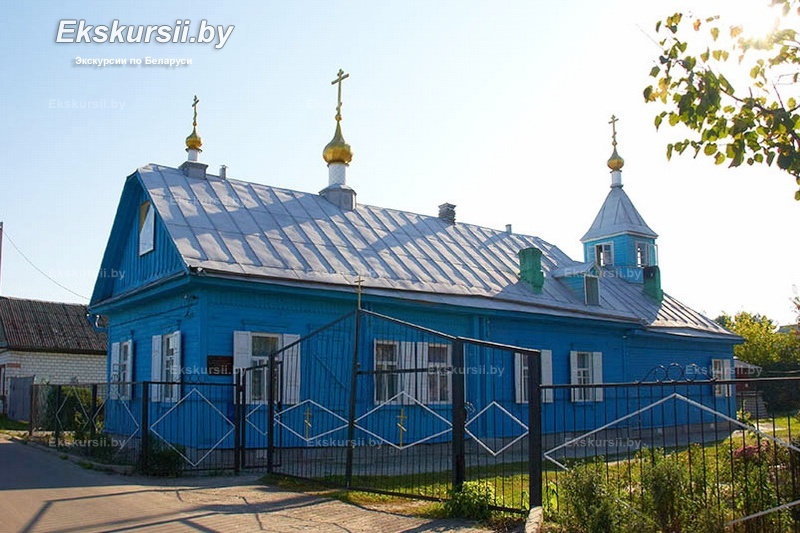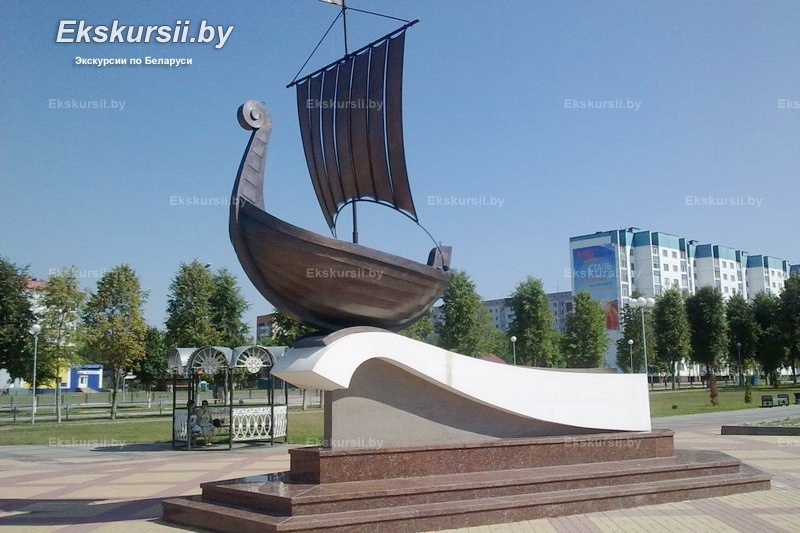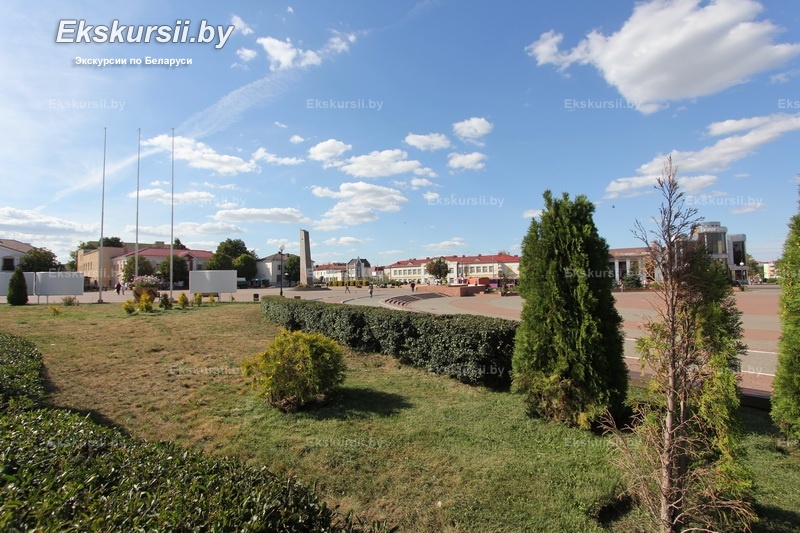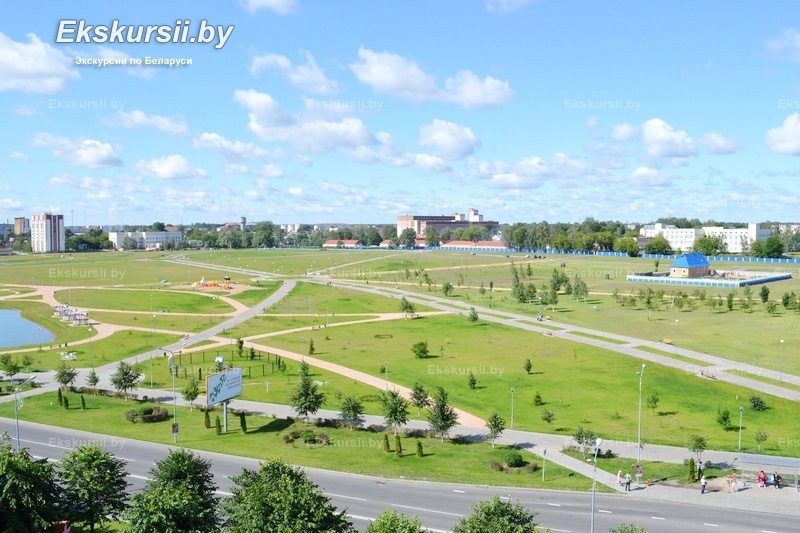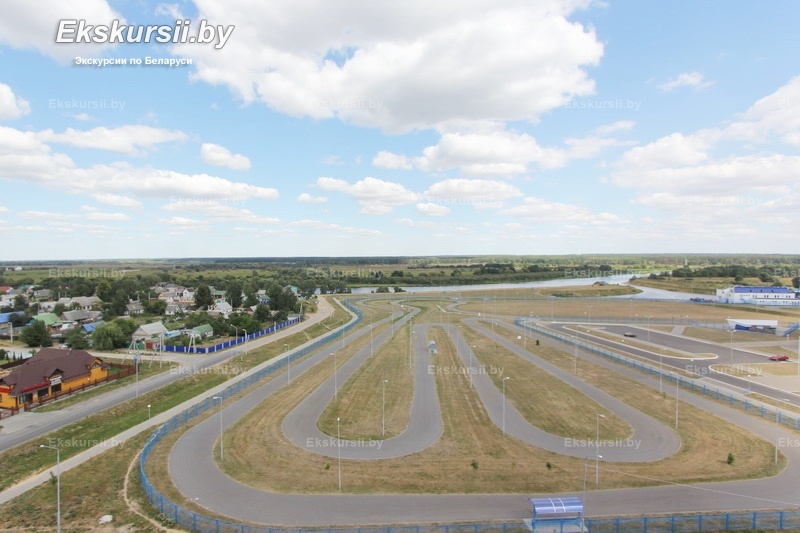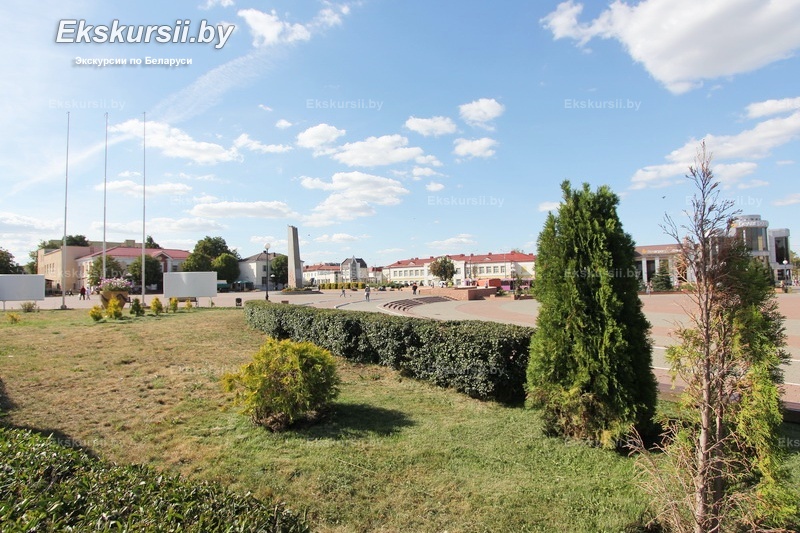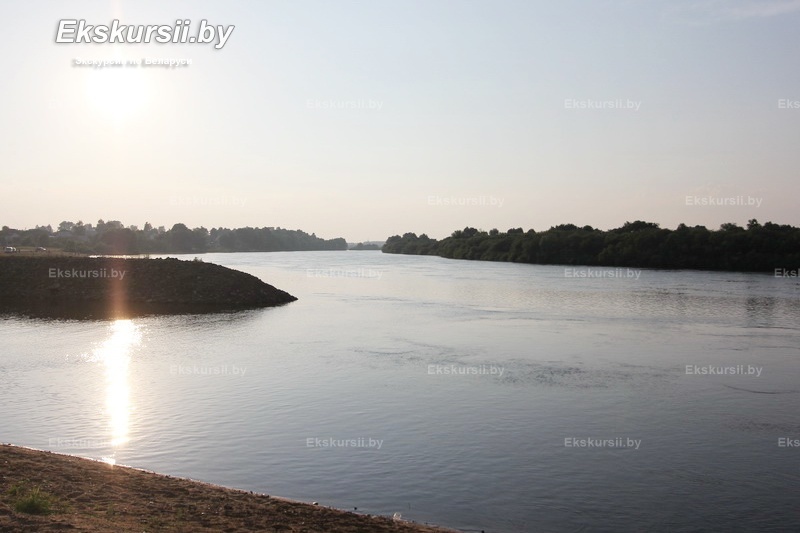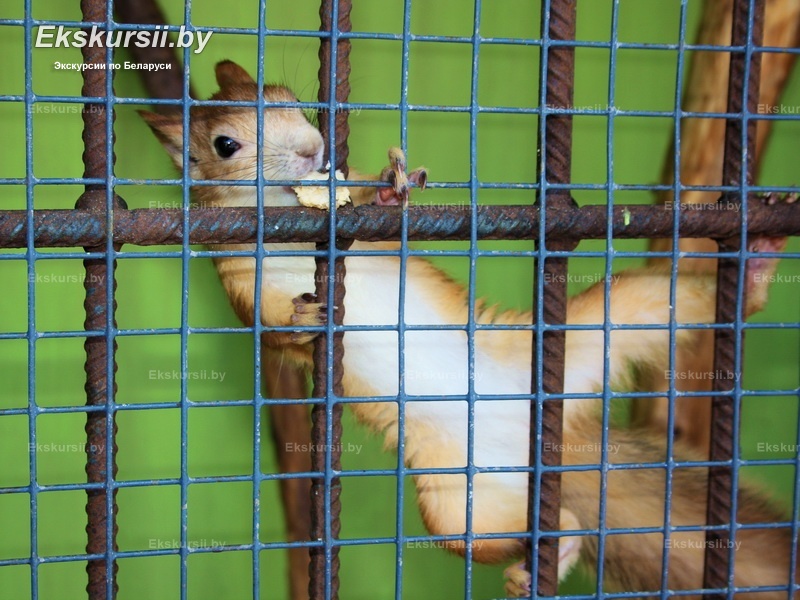History of the development
Historical events began to occur on the territory of the present city Zhlobin long before its appearance. Archeological studies have shown that people lived in this place even in primitive time. Coast Dnieper was a great place to substantiate our ancestors. The remains of the settlement date back to the Bronze Age. But the first information about the village appeared during the Russian-Polish war of the XVII century, when in the letter of the Cossack hetman there was mention of the castle «Zlobin» near Rechitsa and Rogachev. This version is supported by historians, archaeologists who date the Zhlobin castle of the XV century.
Until the 16th century, this area was owned by the Khodkiewicz family and belonged to the Rechytsa povet of the Minsk province. The settlement with the name Malice is already present on the maps of 1772, 1776 and 1799, the creation of which was connected with the sections Polish-Lithuanian Commonwealth. Also in 1790, on the initiative of the King of Poland and the Grand Duke Stanislav Poniatowski, privileges were issued where permitted trades and fairs were registered in the city. Also from this document it is known that in this place there was a pier, a ferry, as well as riverboats were created. In 1818, Zhlobin received the status of the town.
The First World War and the Soviet-Polish war were under occupation, and in 1918 Zhlobin was on the territory of the proclaimed Belarusian People's Republic. However, soon he was already in the Soviet Socialist Republic of Belarus, but he did not stay there for long: after the creation of the Lithuanian-Belarusian SSR, the city became part of the RSFSR. Only in 1924, Zhlobin, together with other Belarusian lands, was returned to the Belarusian SSR. During World War II since 1941, this territory fell under occupation. The Soviet underground was active, but the liberation came only in 1944.
Today Zhlobin is an industrial and cultural center that continues to evolve. There are large enterprises: metallurgical and dairy plants, a garment factory, a meat processing plant, a mechanical plant «Dnepr» and others. In terms of population, it is in third place in the region after Gomel and Mozyr. The infrastructure is quite developed here, there are places for recreation and entertainment.
Tourism potential
Tourist potential - Zhlobin
Zhlobin is a developing industrial center in the Gomel region. Every year various holidays, festivals, creative events are held here. It was in this city that the first metallurgical technical school was opened. There are music schools and art centers, the House of Culture and the Palace of Culture of metallurgists. The culture of the local history museum, the Pridneprovsky recreation park and the zoo also contribute to the popularization of culture. Famous are the folk ensemble «Harmony», the G. Stanislavova choir, the choreographic ensemble «Kali Laska», and the orchestra of Vyacheslav Orlov.
There are temples in the city with their own history. These include the Church of St. Basil the Great, built in 2012, Holy Trinity Cathedral, which began to operate in 1886, and the chapel of St. Casimir in 1911. Also in Zhlobin today there are reminders of the tragic fate of the people during the Great Patriotic War - a monument to the liberators. This obelisk on the square is dedicated to the heroes who were able to liberate the city in 1941 after the first German offensive and hold it until mid-August, while almost all of Belarus was already occupied. And here you can see the alley of heroes, which captures all the locals who have committed significant deeds for their country.
After the holiday «Dozhinki - 2013» the city was transformed. It is worth noting that a modern sports and fitness center «Metallurg» was built here, as well as waterpark, which is particularly popular. The name for the complex was not chosen: Zhlobin is considered a city of metallurgists. There is even a whole boulevard with the same name, where there is an unusual sculpture - a metal stork with a clock. And for the dozhinok holiday, a statue was installed that depicts the symbol of the city - a sailing boat. Local residents actively cooperate with representatives of other countries. For example, joint ventures are being built in the Austrians, Italians, the Dutch.
